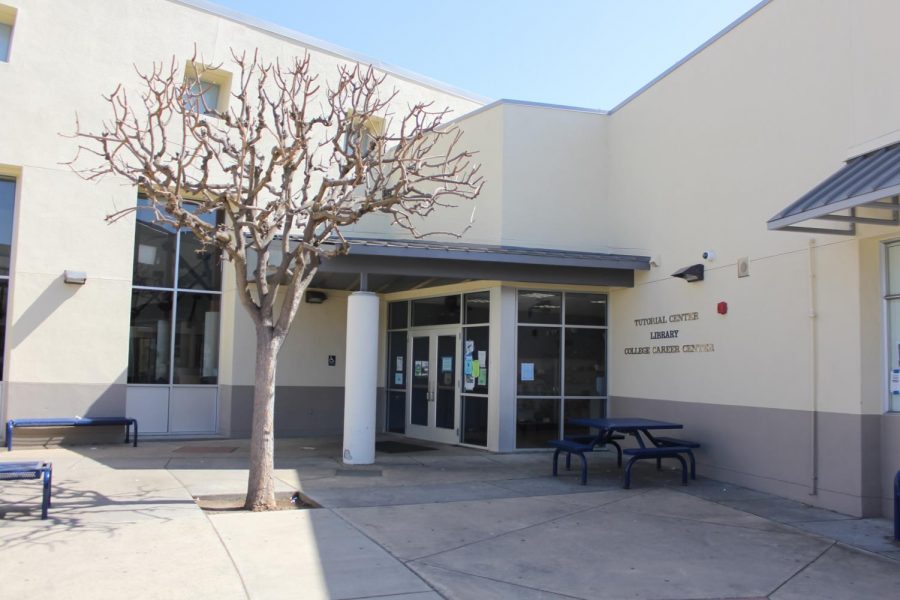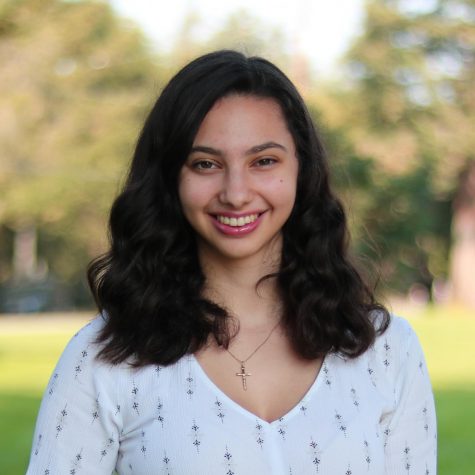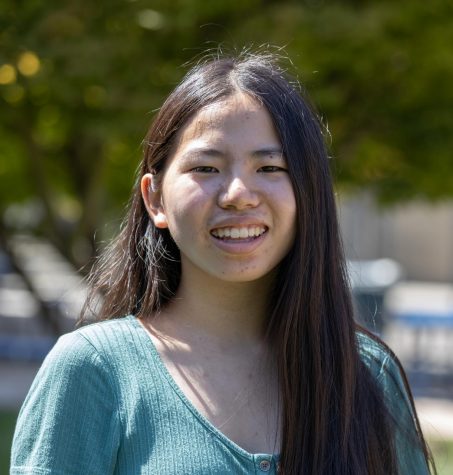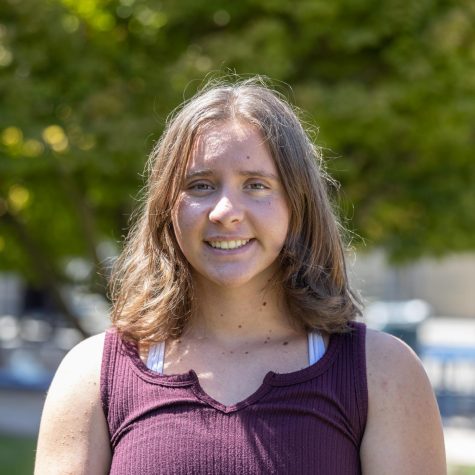AVID seniors and teachers reflect on pandemic-era academic and financial challenges
During the pandemic, many members of the senior AVID class have experienced their fair share of trials from technological issues to reduced instructional time. Throughout this year, AVID classes and the District have worked to minimize the impact of the pandemic on the students’ learning environment by improving virtual educational resources and reforming the AVID senior curriculum.
A typical senior year in the Advancement Via Individual Determination (AVID) program involves visiting local colleges, taking on internships and practicing elevator pitches at career fairs to set underrepresented students up for success in college.
But with the leap to distance learning this year, senior AVID students have faced a distinct set of challenges, from fewer tutorial sessions to the burden of working extra hours for those helping their families during the pandemic.
One major hurdle was a lack of access to technology and stable WiFi. The Mountain View–Los Altos School District swiftly provided personal hotspots and Chromebooks to students, but many still struggled with technological issues that prevented them from turning their cameras on, running apps for their classes and communicating with their classmates due to muffled audio.
AVID students also had to adjust to a new schedule that significantly cut class time and reduced the students’ weekly tutorial sessions from twice to once a week. These tutorial sessions normally allow students to receive help with schoolwork from adult and peer tutors. The reduction failed to adequately provide students with essential academic support, according to AVID senior Nazli Kaplankiran, who said she was often left to struggle through difficult assignments on her own.
AVID Department Head Arantxa Arriada explained that the schedule change was a “tough call” made to avoid squeezing in AVID curriculum and tutoring in one period. She acknowledged that Zoom tutoring is not an ideal substitute for in-person help and said she regretted that larger solutions like providing every student with a high-end computer and a quiet room are unfortunately implausible.
Arriada also emphasized that both the District and the AVID department have taken extensive measures to provide technological and emotional support for students as they continue distance learning. Together, they applied for and received a grant for lap desks and headphones, held a mental health speaker series, made Community Health Awareness Council (CHAC) counseling available over Zoom and kept the Tutorial Center open.
Additional academic support for those struggling to keep up with schoolwork has ranged from working with students’ teachers to develop a list of prioritized assignments to communicating with teachers about grading practices for students falling behind due to drastic situations.
“I sometimes wish that we could do more, but when I look back, I’m proud of what we’ve tried to accomplish, given the circumstances,” Arriada said.
Despite the efforts made by the District and AVID department, financial struggles within many AVID families have continued to amplify the impacts of the reduced schedule, according to Nazli. During quarantine, many senior AVID students have had to juggle working extra hours and taking care of younger siblings on top of their school work to support their families.
Nazli mentioned that one of her AVID classmates works until 2 a.m. to support his family and uses the AVID tutorial session to catch up on sleep.
AVID senior Maria Palacios shared that she has also had to step up to help her family during the pandemic. Due to the financial toll this past year has taken on her parents’ jobs, Maria’s family was among multiple AVID families that were forced to use college savings to pay their rent.
“Because my parents are self-employed, cleaning houses and restaurants, some months will be better than others,” Maria said. “Their jobs are not super consistent.”
Beginning in May 2020, Maria started working to help her family make ends meet by using half of her paycheck to cover expenses like groceries and WiFi.
Given the financial struggles of many of her senior students, AVID teacher Joanne Miyahara, who taught this year’s senior class, has been adapting the typical AVID curriculum to better support their next steps, especially as they’re looking toward their post-graduation plans. Although she has continued college-planning programs like community expert talks and student mentorships virtually, Miyahara has also emphasized topics like budgeting and financial aid to ensure that students are prepared to support themselves throughout college and in their careers.
“I’ve spent more time working on financial literacy and really making sure students understand their budgets,” Miyahara said. “We have been looking into more problem-solving to address urgent needs as they come up as opposed to the standard curriculum we’ve always done.”
Beyond fitting the curriculum to meet her students’ needs, Miyahara also said she empathizes with her students’ heavy workloads and checks in to provide them with emotional support through office hours, texts and phone calls.
“Being able to juggle crazy work hours, applications, family responsibilities and AP exams, has built a [greater] strength of character [than] just a regular year,” Miyahara said. “As AVID teachers, we get to work with the students for four years and build those relationships, so the students know that we’re here for them.”
Both Nazli and Maria expressed their gratitude for Miyahara and the AVID program’s support, and Nazli compared her to a “second mom.”
Despite the year’s difficulties that have sometimes led students to miss out on academic or scholarship opportunities, all of Miyahara’s students have been accepted to four-year colleges. She attributes her students’ successes to their determined mindsets.
“They’ve seen their parents who have made great sacrifices, so they are very committed to figuring out a way to keep pushing ahead,” Miyahara said. “While it’s been a challenging year, I’m just really proud of their perseverance, and that they’ve stayed as positive as possible. I think that is what inspires me the most.”






